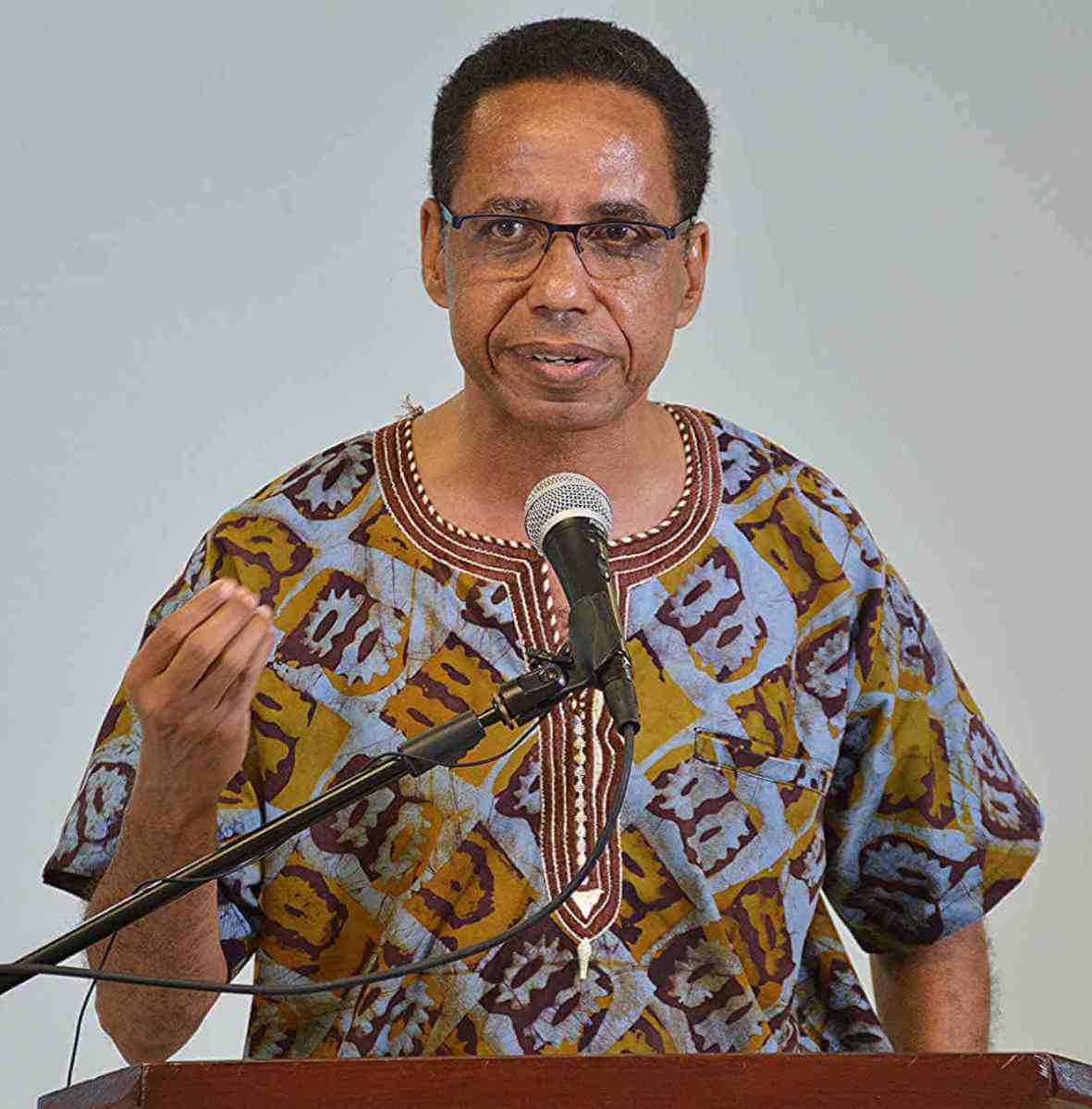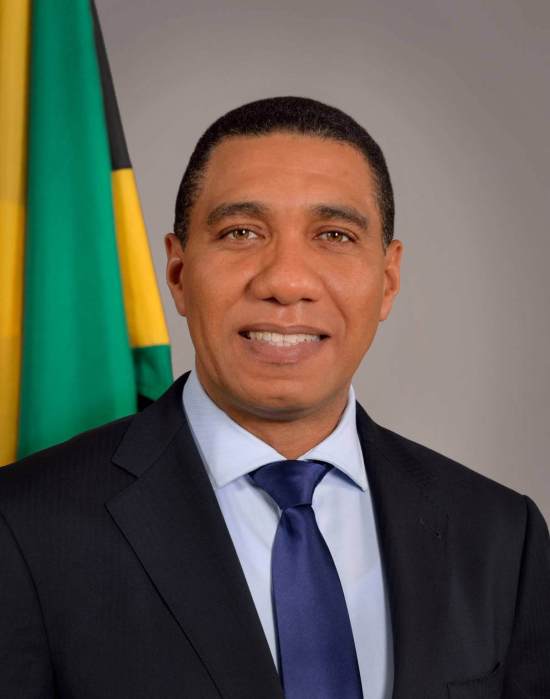Barbados’ decision to lift immigration restrictions on Haitians and accord them full rights to visa-free entry has backfired and caused a reversal thanks to human traffickers who gouged money out of many by misleading them into believing that they were also free to work on the island.
Recognising that a long-time practice of requesting entry visas of Haitians was an injustice because the Treaty governing CARICOM, of which Haiti is a full member, makes clear that nationals of all states within the grouping are guaranteed visa-free entry into each other’s territory, the one-year-old Barbados government swiftly abolished that immigration hurdle after being elected to office in May last year.
But the removal of this restriction coincided with introduction of Copa Airlines flights from Panama to Barbados that inadvertently provided an easy air link to Haiti through connecting flights, and traffickers convinced Haitians desperate for work to part with as much as $3000 and take the two-stage flight for easily available jobs.
By January stories began emerging of high numbers of Haitians stranded in Barbados because traffickers believed to be residents of Dominica Republic, that shares the island of Hispaniola with Haiti, had been duping these people and placing them on flights bound for what they believed to be well-paying jobs.
Untold numbers of Haitians had been arriving in Barbados since November 2017, and as their pocket money ran out with no job prospects stories of abandonment and desperation began hitting local media.
With the prospect of a growing number of stranded persons who had exceeded their CARICOM stipulated six months automatic residence permit, Barbados triggered an exemption clause in the Treaty and re-imposed visa restrictions as a temporary measure to halt the influx.
“It was done reluctantly,” the Barbados TODAY epaper has reported the island’s CARICOM Ambassador, David Commisiong explaining.
“The position was becoming untenable and corrective measures had to be taken.
“The Barbados government felt like it did not have a choice. We didn’t want to do it, but after considering all of the possible ways of dealing with the problem, it came to the conclusion that unfortunately the only way to deal with the problem was to impose some form of visa requirement.”
He said that in government’s reluctant re-imposition of the restrictions, the administration had sought to grant exemptions to certain categories of Haitians, which makes the immigration hurdle unlike what obtained in the past when it applied to all nationals of the CARICOM sister nation.
“Haitians who possess [government] official passports, or Haitians who have a business person’s stamp in their passport or who possess US, Canadian, British or European Union visas don’t require visas to come to Barbados, but Haitians who don’t fall into any of those categories require a visa to come to Barbados,” said Commisiong.
He said that this is not the end of hope of ordinary Haitians for travel to Barbados because the visa re-imposition is a temporary measure as government wants, “to revert to a situation of visa-free access as soon as possible.
“When those problems are corrected, I believe Barbados will eagerly go back to the visa-free regime with Haiti, but at the same time Government has to be realistic and sensible.”



























